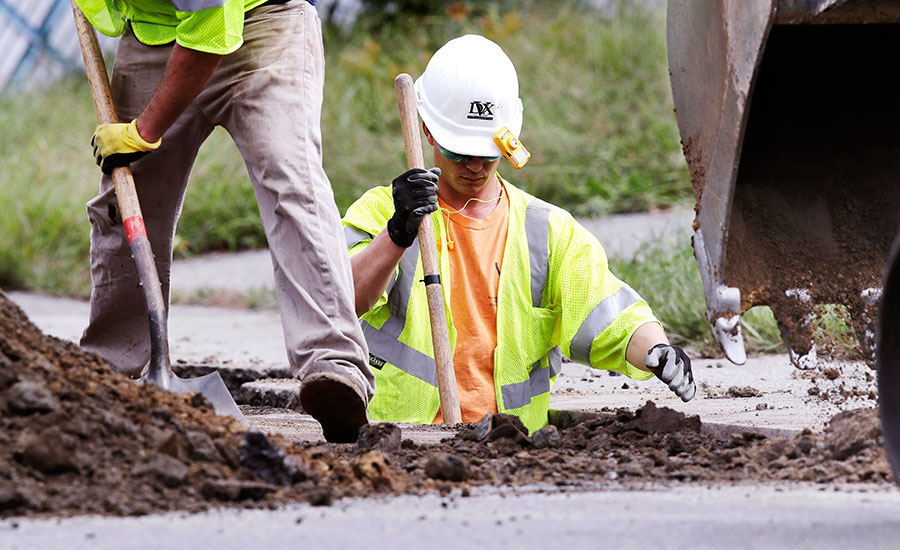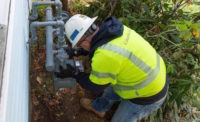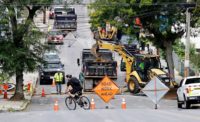The Massachusetts Dept. of Public Utilities announced on Sept. 26 that it will hire an independent firm to examine the commonwealth’s natural gas distribution system—parts of which include components that are a century old—in the wake of massive gas explosions in three towns north of Boston on Sept. 13.
Angela O’Connor, DPU’s chair, said in a statement the examination will evaluate “the physical condition and safety of the distribution system, as well as the operational and maintenance functions of natural gas companies.”
DPU—which will direct gas companies operating in Massachusetts to fund the statewide effort—says it has the authority to order the evaluation because Gov. Charlie Baker declared a state of emergency on Sept. 14, the day after the explosions. The explosions killed one man, injured several others and left 8,527 customers without gas heading into the winter heating season. State officials said a 48-mile system of gas pipeline and related infrastructure will be completed before Nov. 19.
The National Transportation Safety Board (NTSB) says the explosions were caused by an over pressurized gas line but that the agency’s full investigation could take as long as two years.
DPU says assessing the state’s pipeline infrastructure “out of an abundance of caution” is similar to an evaluation conducted by California after the San Bruno gas explosion in 2010.
“This review will help improve accountability for utilities and add another layer of oversight for all natural gas infrastructure,” Baker said in a statement.
The timeline for selecting the independent evaluator is unclear. In addition to examining the physical integrity and safety of the natural gas distribution system, the evaluator will also examine the operation and maintenance policies and practices of all natural gas distribution companies working in the state before it produces its report.
The evaluator’s scope will also involve assessing the design of each pipeline system, including low, medium, and high pressure mains and associated service lines "to ensure they are compliant with applicable federal and state regulations," DPU said in a statement. DPU said in the statement that the assessment will also "seek to identify any weaknesses or deficiencies in the distribution system and make recommendations for changes that are not already underway."
O’Connor said that the evaluation continues DPU’s efforts to “ensure the safety of residents and the Commonwealth’s energy infrastructure.”






Post a comment to this article
Report Abusive Comment